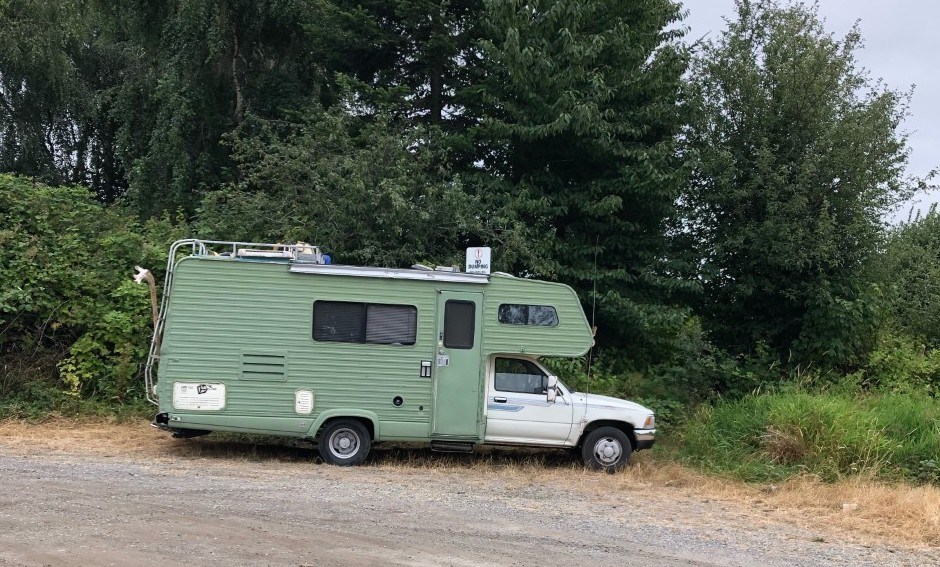Dear Editor,
Re: “Campers provide safe home: Nomad,” News, July 22.
I am interested in the recent story of campers in Richmond.
As a resident of Richmond since 1985, I think there should be some history given around this issue. Richmond’s only RV park on River Road was closed many years ago for the massive over-development of that area, which is still continuing.
Why has the city not replaced it with another RV park somewhere else in Richmond?
This would help those wishing to live in campers. For many, that’s their only method of staying in Richmond with its high rents and ever-increasing housing prices.
An RV park would also help visitors to Richmond who are now forced to park in areas not approved by city bylaws (are there any approved for RVs?) and move on every day if they do not wish to have the “neighbours” complain to the city.
The city has made some progress in providing housing for the more vulnerable, despite past attitudes such as that of one current city councillor who once said that if people could not afford to live in Richmond, they should move out!
The Homeless Shelter for Men and Women has been operating in an industrial area for some years, presumably as neighbouring businesses have not complained too much.
The modular housing in Richmond centre has also been operating quietly for some years, despite the initial outcry from its hi-rise neighbours who said they preferred the area remain a dog park for their pooches!
A neighbour is defined in my Oxford dictionary as a “dweller next door or in the area, especially one who is regarded as friendly”!
How our neighbourhoods have changed with the preponderance of the large mansions, many apparently unoccupied, and the plethora of hi-rises, whose occupancy rate is speculated about but no hard data is available or sought.
When we first moved to Richmond, we were attracted by the mixed income neighbourhoods, usually surrounding a school, with owned homes, co-ops, private rentals and rental buildings, all co-existing in a neighbourly fashion allowing neighbours to meet at local schools, community centres and community events, as well as on the street where children played and adults cut their own lawns!
Isn’t it obvious why so many people are leaving Richmond? It’s because they want to rediscover this neighbourliness elsewhere.
Mary Phillips
RICHMOND


